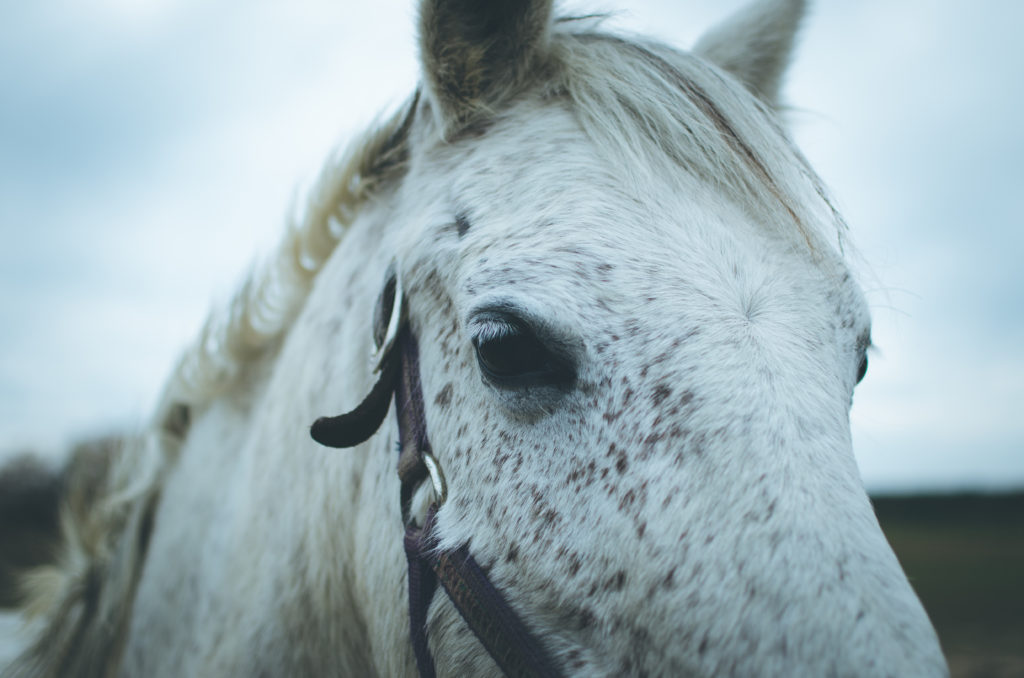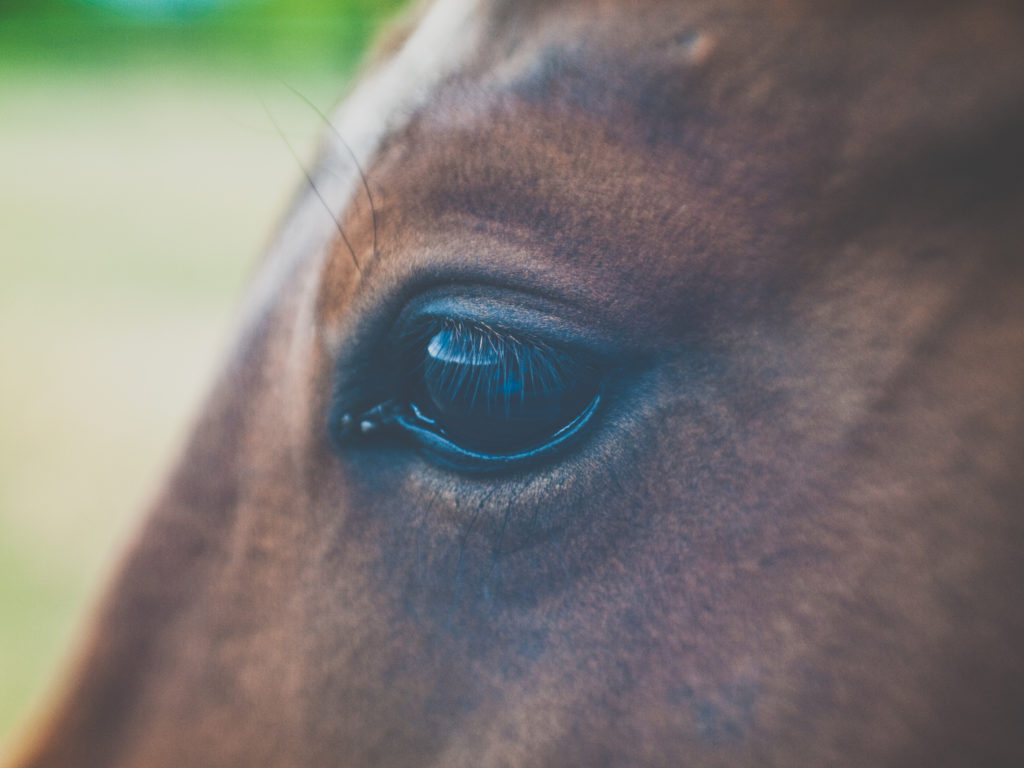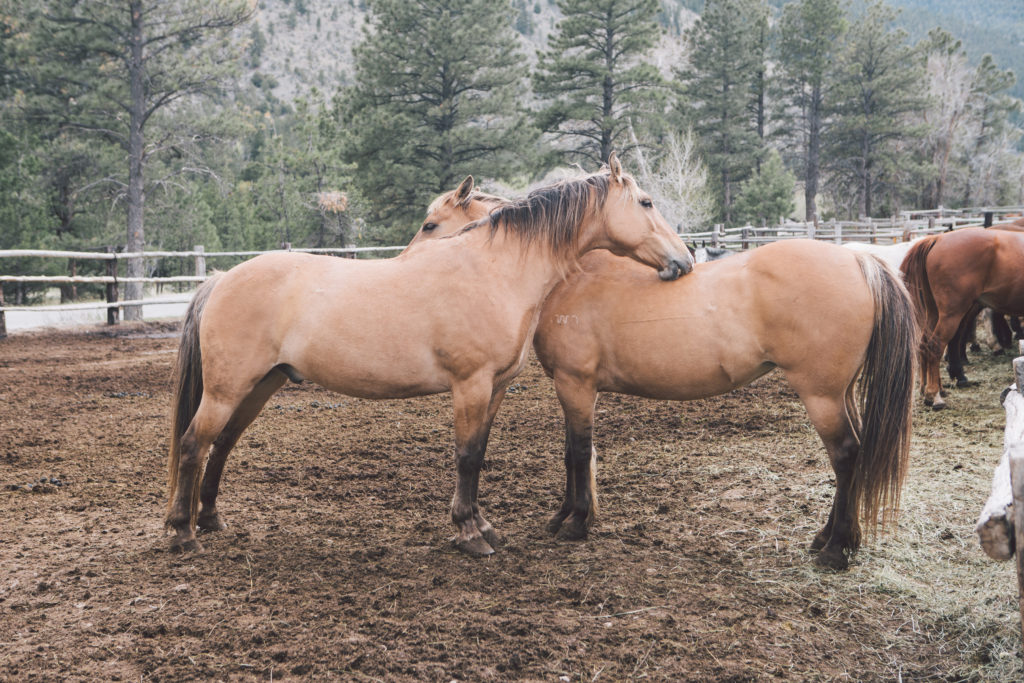
The facts of the Grand National and why it is still unethical
Fatalities and serious injuries
In Britain, the Grand National is the biggest event in horse racing. This year it was on Saturday, 8th April. The newspaper the Independent rejoiced earlier this week that there was not a ‘single fatality’ in the three day event – as though this is something worth celebrating in 2017. The article also conveniently ignores the fact that 11 horses have died during the race within just the last six years. As if this wasn’t enough, the deaths were results of impacts such as ‘badly broken spines’ and ‘tangled limbs’.

The horses in these sorts of races are faced with the attitude that horses are replaceable and jockeys are not. As an animal-lover I cannot see how an animal’s life, be they a pet or a wild animal, can be less valuable than ours. It is up to us to speak out and care for a species that cannot voice themselves.
Illegal drug use and doping
One trainer named al-Zarooni was recently banned from his line of work when we was found to be doping horses in enormous quantities of illegal drugs. The horses are drugged to keep them running when they are in extreme pain and act as a performance enhancer in this sense. These horses are injured and in pain and should be receiving treatment and the healthcare they need, not relentless beating and cruelty.
 Horsemeat
Horsemeat
Around 1,000 retired race horses are sent to UK abattoirs every year and slaughtered. They are used for ingredients in human food and dog food. It’s inconceivable how people can be shocked and disgusted at the idea of ‘horse meat’ but watching the animals being beaten and whipped on live television is fun and acceptable.
Young horses break bones
Horses on the track are often forced into racing when they are far too young. Their bones are not fully developed as in many young animals, and break a lot more easily. Their lives end far too soon as they are too vulnerable to the deadliness of the race track. If they do not die racing, they face a struggle of injuries, lameness and exhaustion until they are retired or “disposed of”.
Whipping is unacceptable
Currently, horses are the only animals allowed to be whipped for entertainment. This is utterly unacceptable and I fail to see how anyone can see this as entertainment. Jockeys repeatedly misuse the whip and even if they are found guilty of misconduct, they are allowed to keep their fees and winnings.

1 in 37 horses who starts a race season will have died by the end of it. These are beautiful animals that are completely voiceless and face a life of disturbing cruelty.
How can we help?
There are many animal charities that are strongly against horse racing. Animal Aid is the UK’s largest animal rights group, and their website is packed full of information on horse racing. They have provided booklets full of key reports and briefings and work hard against fighting animal abuse.
Read more by clicking here.


 Horsemeat
Horsemeat

